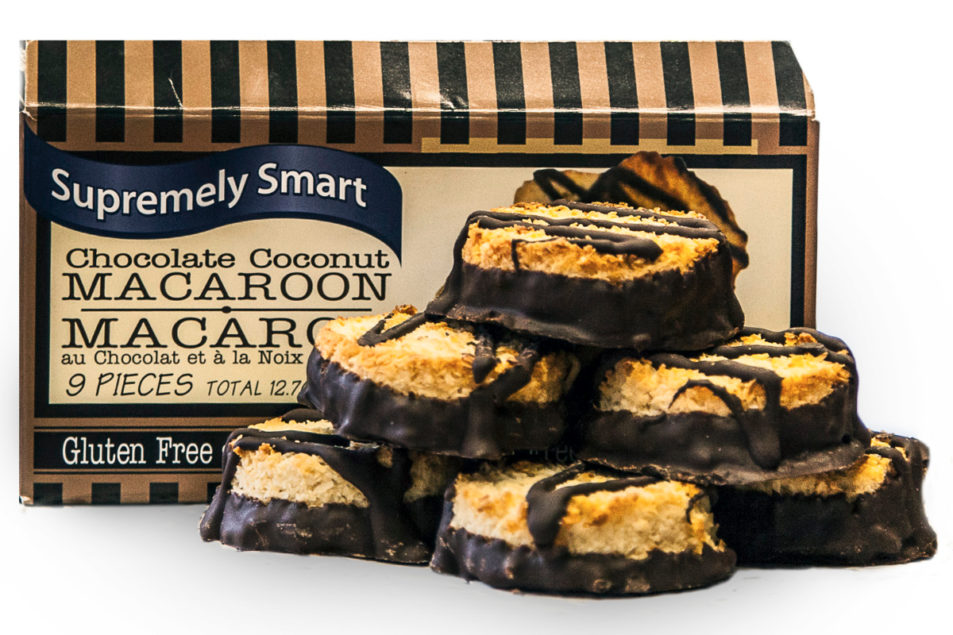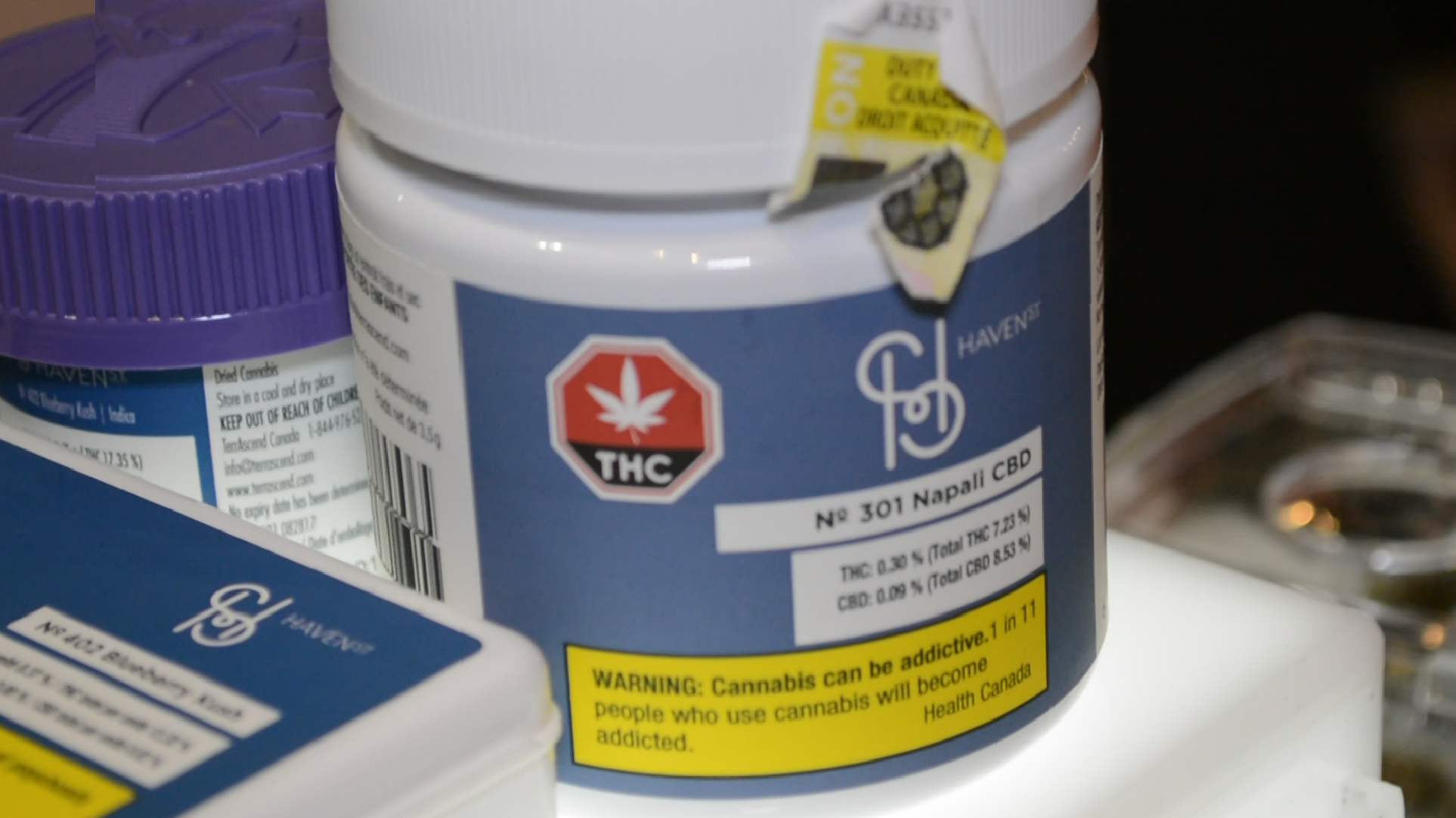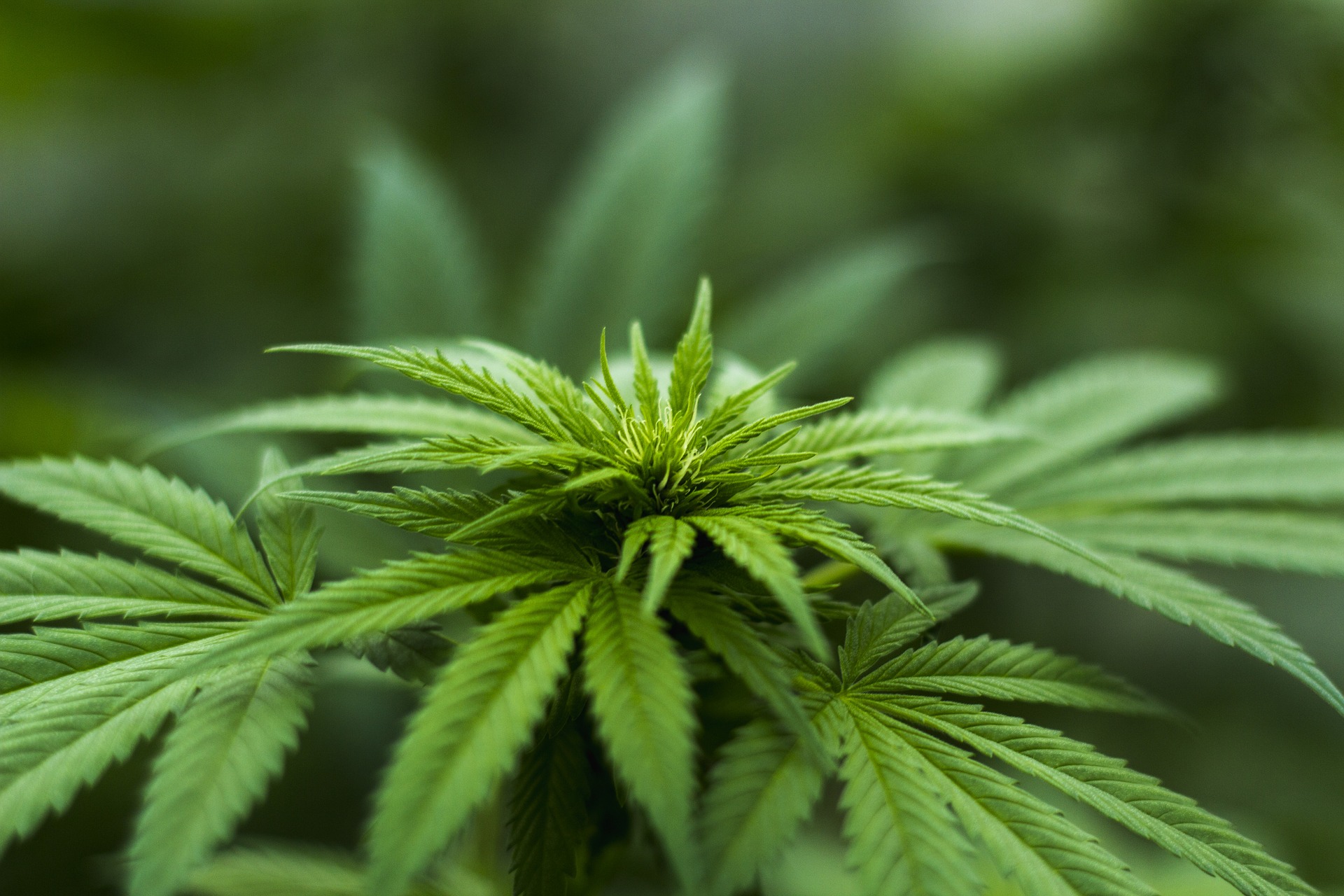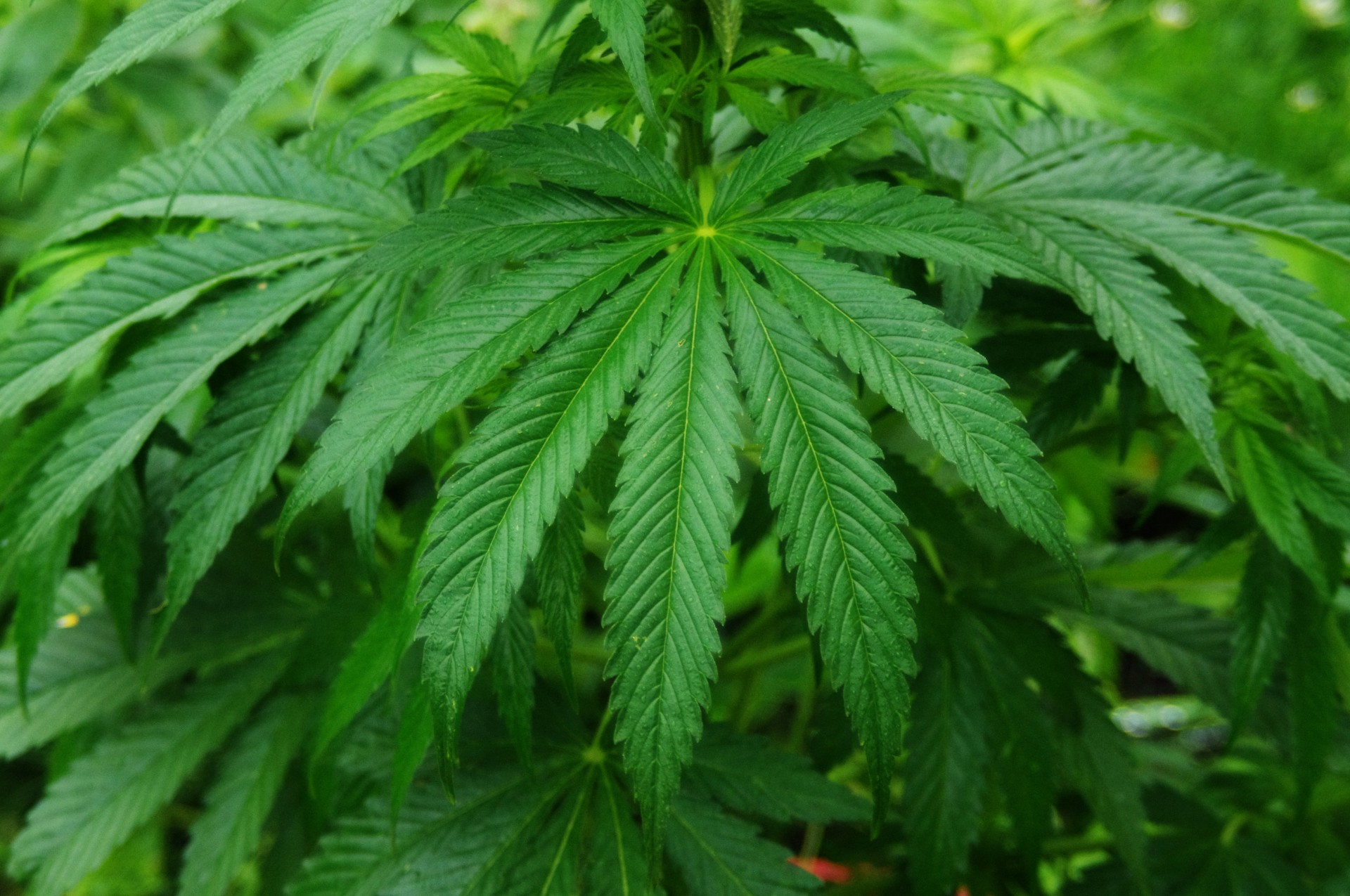Canadians once excited about the seemingly endless possibilities of legal cannabis have been brought back down to earth, according to new research that probes the sentiment and buying habits of consumers. Survey results also show that respondents are concerned about impending legal edibles and continue to use black market methods for obtaining cannabis.
Researchers from Dalhousie University released the study “Edibles and Canadian consumers’ willingness to consider recreational cannabis in food or beverage products: A second assessment,” on Thursday.
“The aim of the study was to follow up on a survey we conducted two years ago,” Sylvain Charlebois, director of the Agri-Food Analytics Lab at Dalhousie University and lead author of the study told Xtalks in a phone interview. “We wanted to see whether public sentiment has changed since cannabis has been legalized, and we were actually quite surprised to see that Canadians appear to be more concerned and less certain about legalization in general.”
One of the study’s key findings was that while most Canadians still support legalization, backing has dropped from 68.6 percent in 2017 to 50.1 percent.
Charlebois blames the government for the recent decline in interest, “Health Canada should be rewarded for that. It has made cannabis boring and I think that’s exactly what they wanted to do.”
While cannabis may now be considered boring, according to the survey, the stigma around the plant is still very much alive. Results show that 18.8 percent of respondents said they were concerned about being seen buying legal cannabis and 26.2 percent said they wouldn’t want coworkers to know they use recreational cannabis.
“The stigma itself of cannabis hasn’t really changed,” continued Charlebois. “If you think about legalizing edibles in October of this year the industry and the government is still dealing with a hesitant marketplace, but also consumers who are still somewhat cannabinoid illiterate.”
A lack of understanding is something Charlebois suggests the government could combat with an educational campaign, “The first thing Health Canada should consider is to roll out a more aggressive education program, so people will know more about edibles and cannabis in general.”
The research shows that interest in purchasing cannabis-infused food and drink has also declined, with about 36 percent of people polled say they plan to buy the product when they become available on the market later this fall, down from 46 percent in 2017.
When it comes to edibles, Canadians are most concerned about potential exposure to kids and pets. With 63.6 percent of respondents showing concern for children and young adults having access, and just over 54 percent reporting concern about pet exposure.
Still, significant numbers said they use cannabis regularly, and some said they have experimented with it in the kitchen. The survey found that 37 percent of respondents use cannabis, and out of those people, 35 percent use it daily. When asked if they have ever cooked with cannabis at home, 17.4 percent said they’ve cooked with cannabis at least once in their lives.
As for where users buy cannabis, 60.4 percent of cannabis consumers continued to use their previous supplier after legalization
“They’re still going to the same person or place to buy cannabis, so legalization hasn’t really changed the behavior, he said. “One factor that really pushed people to stay with the same vendor was price, convenience and quality. I’d actually argue that these features are challenges for Health Canada if the intent is to erode the black market.”
Charlebois points to shortages of quality cannabis, high prices and a slow roll-out of physical locations as having a negative impact on Canadian sentiment towards legal cannabis.
Additionally, there is the concern that strict regulations around the manufacturing and packaging of soon-to-be legal edibles will also push consumers back to the black market.
The survey polled 1,051 people over four days in April and has an estimated margin of error of 3.1 percent, 19 times out of 20.












Join or login to leave a comment
JOIN LOGIN